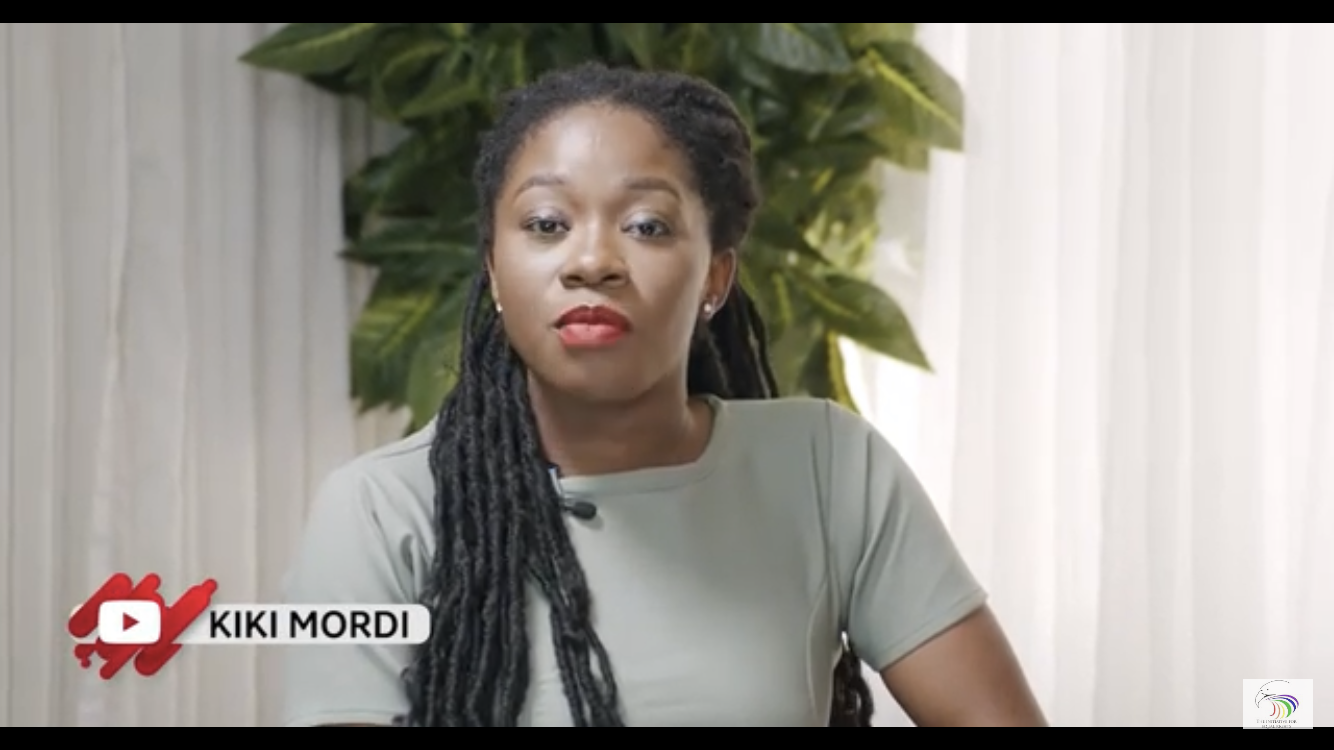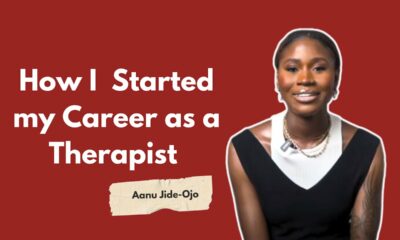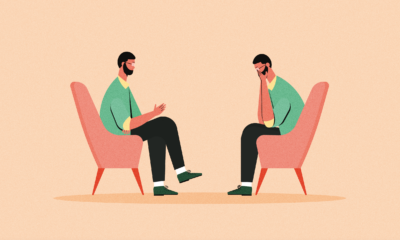BN TV
Catch Up on 5 Interesting Episodes of “Untold Facts” Season 5 with Kiki Mordi

If you’ve missed the last five episodes (2-6) of “Untold Facts” season 5, you can catch up now.
“Untold Facts” is an online talk show produced by The Initiative for Equal Rights (TIERs), which aims to create and push conversations around human rights issues with a focus on sexual orientation, gender identity/expression and sex characteristics (SOGIESC).
Hosted by journalist, Kiki Mordi, this season features topics around mental health, media advocacy, religion and discriminatory laws.
In episode 2, Kiki Mordi and guests Mariam Sule-Izuagbe (writer/entrepreneur/comms strategist) and Ohotuowo Ogbeche (feminist advocate) discuss what good allyship looks like, informing people how they can be good allies to womxn and to the LGBT+ communities.
Allies are an important part of any movement, including the LGBT+ movement and the Feminist movement. But sometimes, allies become harmful. They talk over the people they should be listening to; they take up spaces and opportunities meant for members of the community. Sometimes they think they’re doing good, but they’re actually causing harm.
Watch episode 2 (What Good Allyship Looks Like) below:
Episode 3 shares the heartbreaking stories of four individuals who have been put through various forms of conversion practices. Their identities have been concealed to protect their privacy.
Conversion practices are any form of intervention, including psychiatric, psychological, medical or religious “treatment” (e.g. prayers and deliverance sessions), rape or beatings, given to individuals with the goal of changing sexual orientation from homosexuality or bisexuality to heterosexuality. It may also be used with an aim to change gender identity from transgender to cisgender. Most times, these practices are forced on queer people. Conversion Practices are a violation of human rights.
Watch episode 3 (Conversion Practices) below:
Kiki Mordi discusses with guests Edwin Okolo, writer, journalist and storyteller and SI Ohumu, a producer on this episode.
The media and press in Nigeria have played a huge role in fuelling homophobic rhetoric with their irresponsible reporting and focus on sensational stories. However, in recent times, certain media platforms have produced positive and affirming stories about the LGBT+ community in Nigeria. This episode explores the harm that irresponsible reporting causes and talks about the work of both guests documenting LGBT+ stories on their platforms and how positive media representation can further advocacy.
Watch episode 4 (The Role of the Media in LGBT+ Advocacy) below:
In episode 5, Kiki and two psychologists, Aanu Jide-Ojo and Angel Yinkore who work with LGBTQ+ persons talk about anxiety, how it manifests in everyday lives and how to navigate it.
Living in Nigeria as an LGBTQ+ person involves navigating overt and covert expressions of homophobia that in the long term can create anxiety disorders for people.
Watch episode 5 (Understanding Anxiety for LGBTQ+ People) below:
In the latest episode, Kiki Mordi and her guests Doctor Peju Adeniran, clinical and public health physician, and Mauton Akoro, sexual health programs officer explore the barriers faced by LGBT+ persons particularly women, intersex and transgender persons that prevent them from seeking or receiving healthcare, and the ways that gap can be bridged by the State, NGOs, Health Care organizations and Practitioners.
In Nigeria, access to medical services for LGBT+ people is almost non-existent beyond what NGOs provide. Laws such as the SSMPA criminalize same-sex partnerships and outlaw support for them by non-LGBT+ people. This reinforces and maintains the barriers for LGBT+ persons in seeking or receiving medical care due to the stigma they stand to face. Existing research points to the fact that LGBT persons face barriers to accessing appropriate patient-centred health care and fail to make early and opportune use of health care services or use them at all. These barriers can take various forms including denial of care, inadequate understanding of status-specific conditions, inadequate or substandard care, attempts by health care practitioners to ‘talk them’ out of queerness, denial of decision-making authority and more.
Watch episode 6 (Bridging the Gap in Access to Health Care for LGBT Nigerians) below:




















